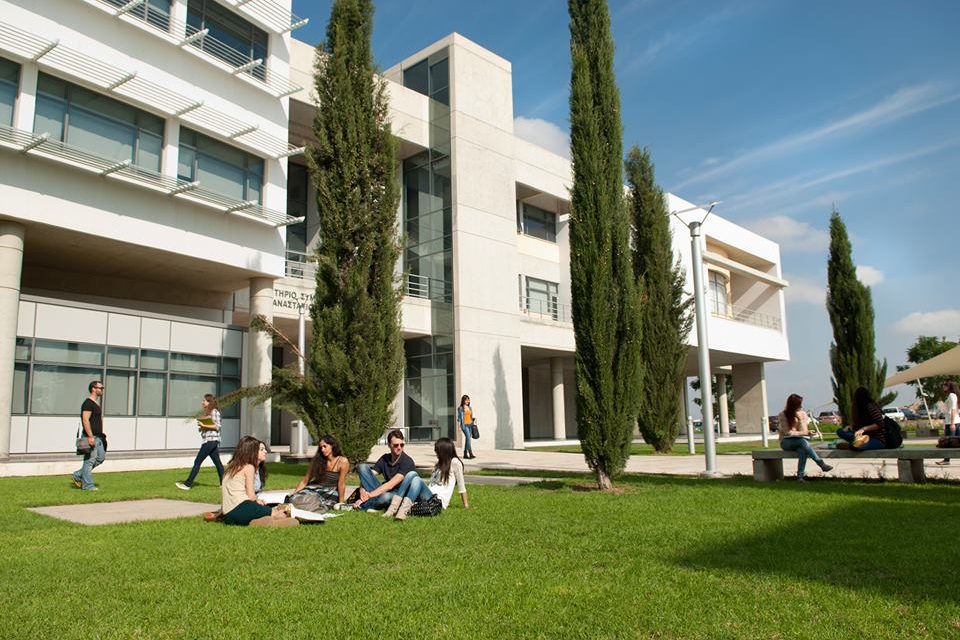Cyprus said it will reduce the number of international students it accepts in a raft of sweeping changes to deter a spike in asylum seekers.
Cypriot Interior Minister Nicos Nouris said that many third-country nationals who came to the island to study ended up seeking asylum while sham marriages were used as a vehicle to secure residence.
The government is now looking to deter those who use student visas as a way of seeking asylum in the country.
According to Nouris 3,014 students applied for asylum in 2019 while 2,000 sham marriages took place.
He told reporters on Thursday the government was introducing tougher legislation for foreign students – from non-EU countries – by stipulating tighter financial criteria and the need for a recognised qualification in the English language.
Nouris said students would also need to declare that their lives were not in danger if they returned home and they would only be able to do work related to their studies.
According to Education Ministry data for 2018-19 there were 51,086 students in higher education, of which 17,959 (35%) were EU citizens and 9,255 (18%) third-country nationals mainly from Asia and Africa.
The Mediterranean island, with a population of one million people, says it now has Europe’s highest per capita rate of asylum applications.
Nouris said asylum applicants comprise 3.8% of the island’s population after a jump in migrant arrivals reaching 34,000 between 2014 and the first three months of 2020.
“This is equivalent to the size of Paphos (a resort town on the southern coast), if this were Germany it would amount to 1.12 million people.
Other frontline countries Spain, Italy, Greece, and Malta they have under one per cent,” said Nouris.
Nicosia is preparing to speed up the asylum process – there are 19,000 pending applications – to weed out those it says are abusing the system while it also wants to fast-track the deportation process by expediting the appeals process.
It will also revoke the power of town halls to conduct civil weddings if found to have sanctioned illegal sham marriages used as a way to stay in Cyprus.
A purpose-built reception centre will also be constructed for those seeking international protection.
The EU says that in spring 2019, Cyprus was receiving three times as many asylum applications per month, adjusted for population, as Greece.
Nouris said Nicosia wanted to send a “clear message” to Brussels that Cyprus has reached its limits and would not tolerate abuse of a system intended for genuine asylum seekers.
Cyprus also wants to see a more effective repatriation process and equal “burden-sharing” among member states.
Cyprus, located 160km from the Syrian coast, has not seen the massive inflow of migrants experienced by Turkey and Greece.










